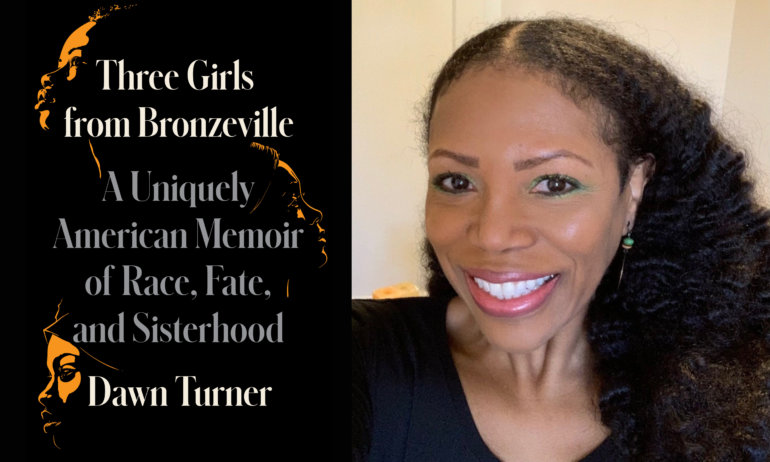Dawn Turner, a former columnist and reporter for the Chicago Tribune, has devoted her career to writing about race, politics and people whose stories are dismissed or ignored. She turned to her own childhood for inspiration for her new memoir, “Three Girls from Bronzeville: A Uniquely American Memoir of Race, Fate and Sisterhood.”
Turner, who also is the author of two novels, Only Twice I’ve Wished for Heaven and An Eighth of August, will discuss her newest work at Printer’s Row Lit Fest on Sept. 11 at 10 a.m.
What inspired you to write a memoir?
In 2000 I wrote a perspective piece for the Chicago Tribune. That was when my childhood best friend, Debra, had just been sentenced to 50 years in prison for murder. I wrote the story about our divergent paths and when the story came out, there was a graphic of an apple that had been sliced in half. On one side, the apple was rotten to the core and on the other, it was bright and shiny. Someone thought it was a great depiction of our divergent paths, but it upset me and it really didn’t depict us. Debra was not someone who was rotten. She was someone who made a horrible mistake. I’d known her since I was 7 years old. We became best friends at 8. So when she was in prison I thought this could be a book. In part because writing is the way I process things. A lot of writers are like that.
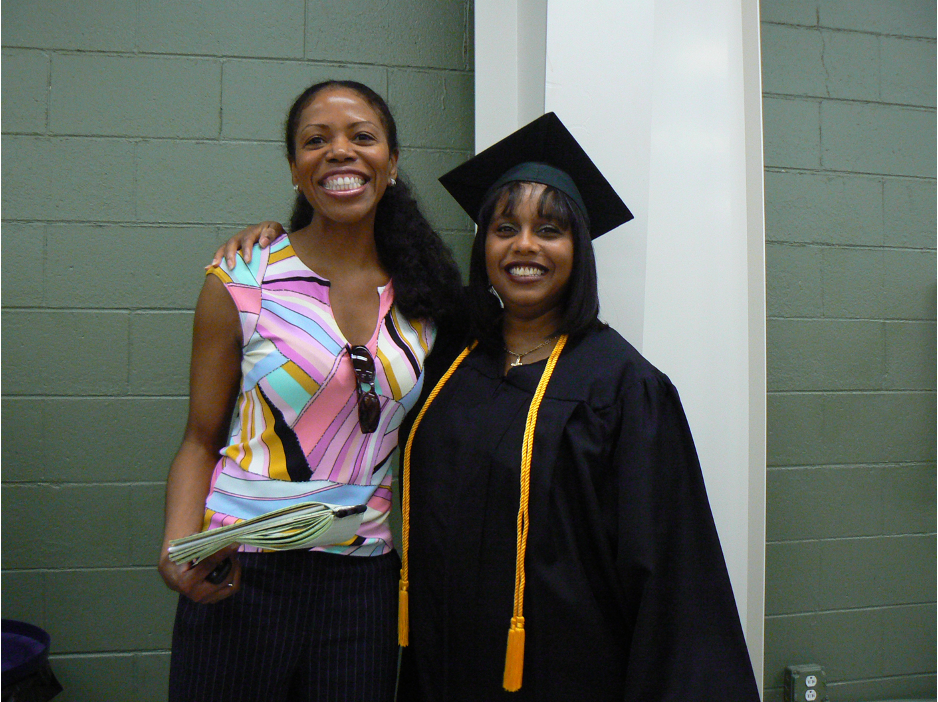
What role does the Bronzeville neighborhood play in this book?
Oh it’s huge. The Bronzeville neighborhood was the cradle of the city’s Great Migration. It’s where Black people fled the ravages of Jim Crow. It’s where they were forced to live, where we were forced to live. My great grandparents came up in 1916. And they thought it was the Promised Land. But it’s turned out not to be that.
What do people not understand about Bronzeville?
Because we weren’t allowed to live outside this area, weren’t welcomed in other parts of the city, you had the first Black hospital in Bronzeville, you had one of the first Black insurance companies in the North, the first Black bank, you had entrepreneurs and amazing artists, from Gwendolyn Brooks, who I still bow before, to Louis Armstrong. And you had a night club that was said to rival the Cotton Club in Harlem and where people like Duke Ellington and Cab Calloway came to play. So there was this bustling community and then it started to fall apart because of many things–red lining and restrictive housing covenants. You still see the ravages of those policies today.
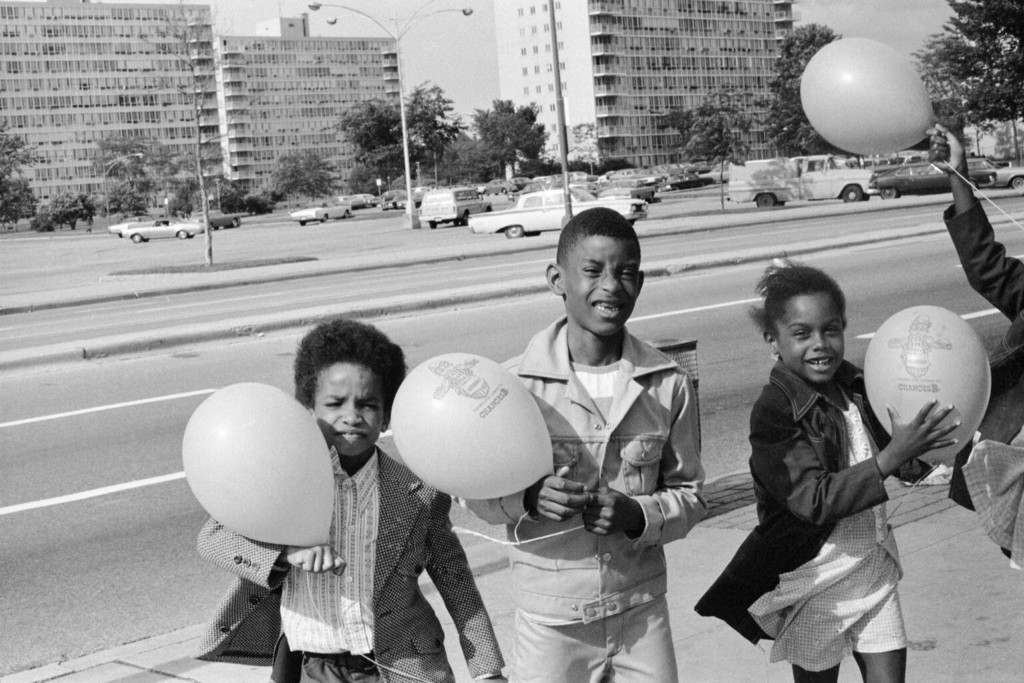
How was writing a memoir different from writing fiction?
It was different in that it was really important to me to report it first. I think I was a little bit delusional when I started this project in earnest. I’d been trying to write it for years, but wasn’t sure exactly what direction to go. But when I got a publisher and was working with an editor, that helped me. I had a lot of material that she helped me sift through and direct.
What was one of the biggest challenges of writing this book?
The challenge was just the reporting I did. I wanted to make sure the things I remembered were on point. And, of course, memory is incredibly fluid so I had to confirm some things and reimagine some things as I got closer to the truth. I went through hundreds and hundreds of pages of court documents because I couldn’t only depend on Debra’s memory. And I relied on journals, diary entries and conversations with people, just to depict the time and place and what happened as accurately as I could.
How did you not get swept up in emotion of the story?
I can give you the very clinical information about my sister’s death but, when I start to look at it as a sister, I am in that moment again. I’m devastated all over again. Whenever I wrote the couple of chapters that really deal heavily with her passing I did that with a friend. I spent a weekend with someone as opposed to trying to do that myself. It’s easier to be with someone when I was in those moments.
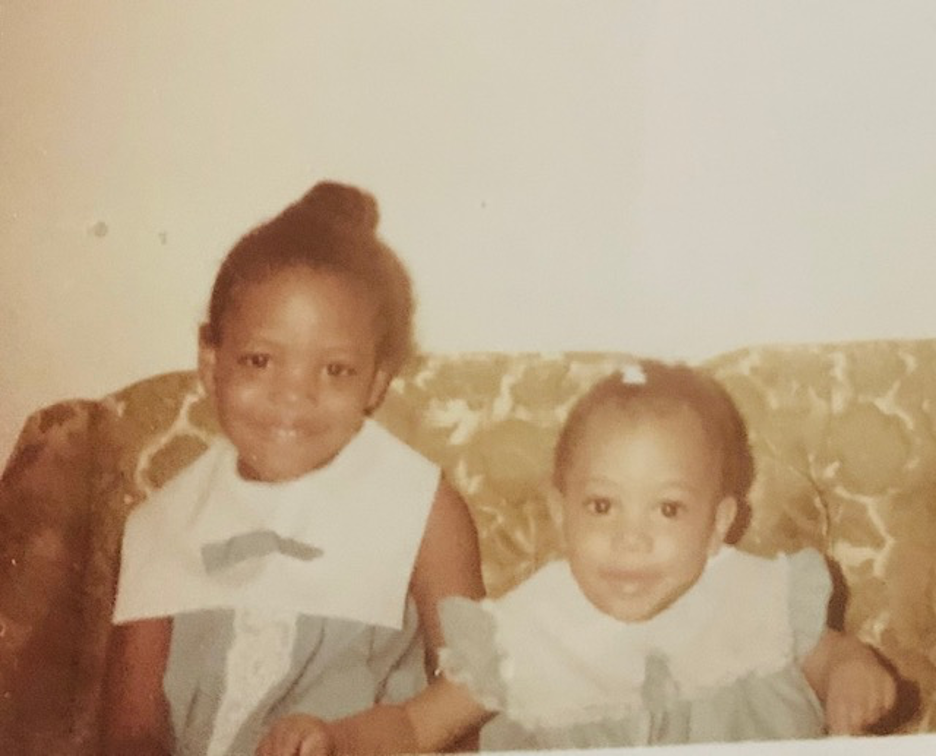
What do you hope readers take away from this book?
There are some heavy parts of the story—my best friend goes to prison and my sister dies. But there are some parts where you see people as being human beings. We all make mistakes and sometime it is just by a level of grace that we have not succumbed to some of the negatives that are possible. This whole idea of redemption and transformation. Those sound like lofty words but often people, especially Black people, don’t get that second chance or don’t get the benefit of the doubt. That’s a critical part of the story. The other thread of the story is that we as a society have to continue to work on how do we help the people who have the least among us.
What does your book say about sisterhood and friendship?
The people we meet when we are brand new and starting out — those relationships are so deeply affecting. They just matter. It doesn’t matter how those people leave us, they will always be with us. They are such an important part of who we are. That is sisterhood and friendship.
More from Better:
- Printers Row Lit Fest 2021: Colson Whitehead, Dawn Turner Headline This Year’s Can’t-Miss Book Festival
- 30 of the Best Things in Chicago and the Suburbs This September
- 12 Gifts for Book Lovers: What to Buy the Bookworm in Your Life
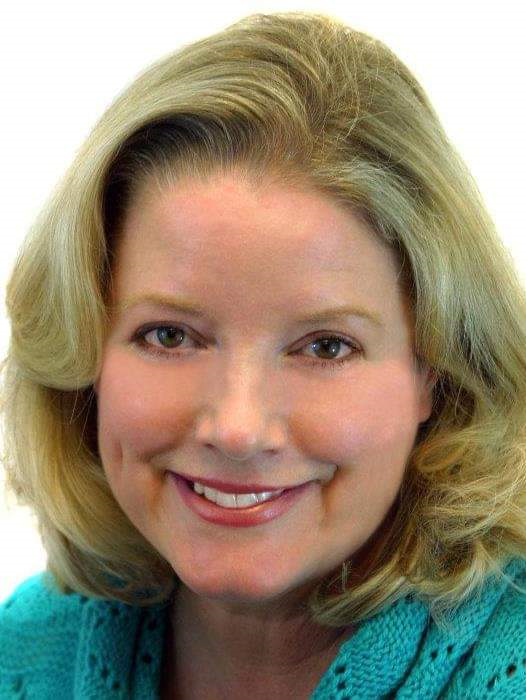
Annemarie Mannion is a freelance writer and former reporter for the Chicago Tribune. She earned a Master’s Degree in Journalism from Northwestern University and a degree in English Literature from St. Mary’s College in Notre Dame, Indiana. She is especially passionate about covering nonprofits. Whether writing about work to reduce the harmful effects of bright lights on sea turtles or covering volunteers’ efforts to address the health care needs of children in Guatemala, she loves spreading the word about initiatives that have the potential to change the world for the better.
